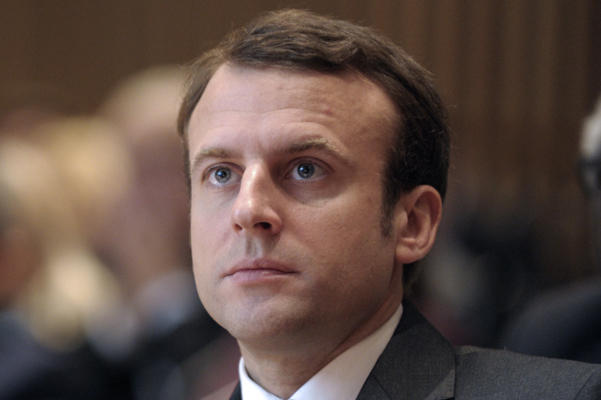It was during his presidential campaign that Emmanuel Macron put forward a new tax measure that could make French cohabitants happy. It was a question of lowering the taxes of the households by allowing them to declare their incomes to two as it is already the case for the married couples and PACS. Unfortunately, despite its advantages, the joint taxation of cohabitants remains quite expensive and the government may therefore not want to pass it.
As François-Xavier Soeur (wealth management advisor and founder of Terrae Patrimoine) explained during the presidential campaign: “It would be interesting for couples who are not taxed at the same marginal bracket”. Indeed, the greater the income differences between the members of the couple, the greater the tax advantage for them.
However, the joint taxation of cohabitants may not be implemented given the costs that this would imply for the State. We are talking here about a measure which would concern 7 to 8 million French people and which, according to Renaissance deputy Mathieu Lefevre, would cost “at least one billion euros”. Because in addition to real couples living together, there could be potentially fraudulent concubinages (such as roommates declaring themselves cohabitants in order to benefit from this measure).
A couple is considered as two separate tax households, even living together, as long as the members of the household are neither married nor in a PACS. The tax authorities therefore ask everyone to complete their declaration separately for the income they received during the tax year, as for single people without children. However, “When the burden of a child is shared equally between his 2 cohabiting parents, each can benefit from half the increase in shares (as for a child in joint custody)” as stipulated by the public service website.
This measure being financial, it will not be discussed before this fall. Indeed, stored in the financial bills that are debated in Parliament in the fall, it will be necessary to wait before knowing whether the measure that the president had included in his electoral program will be put into effect or not. However, with the executive wishing to bring the deficit below the 3% mark in 2027, it is unlikely that Emmanuel Macron’s promise will be maintained.















